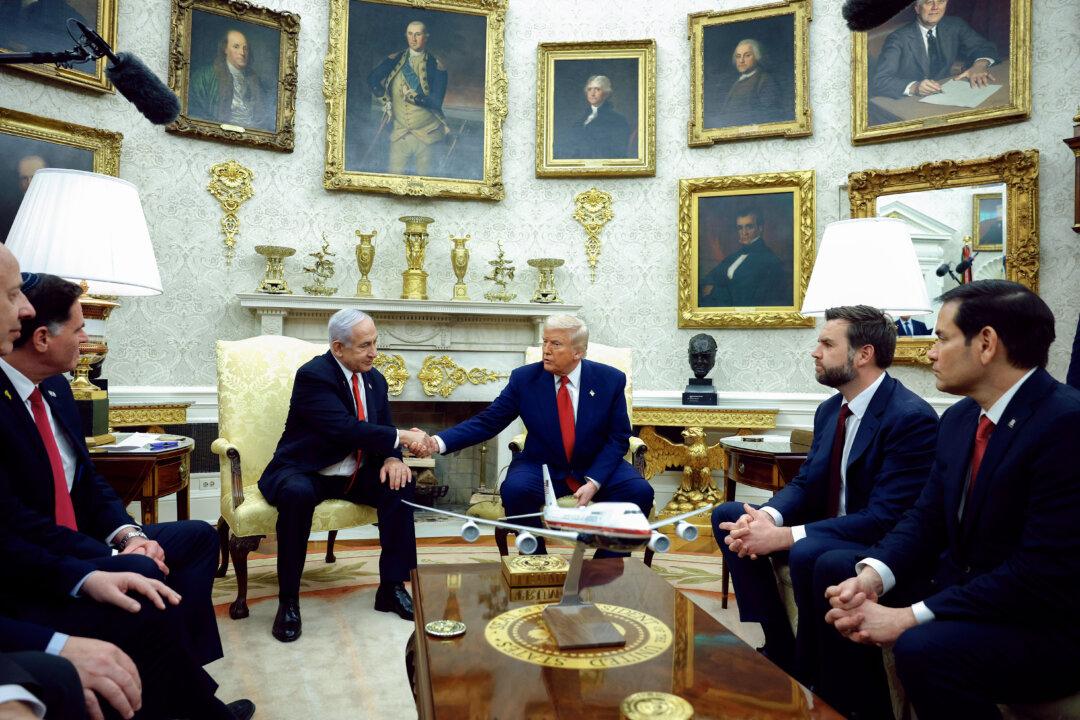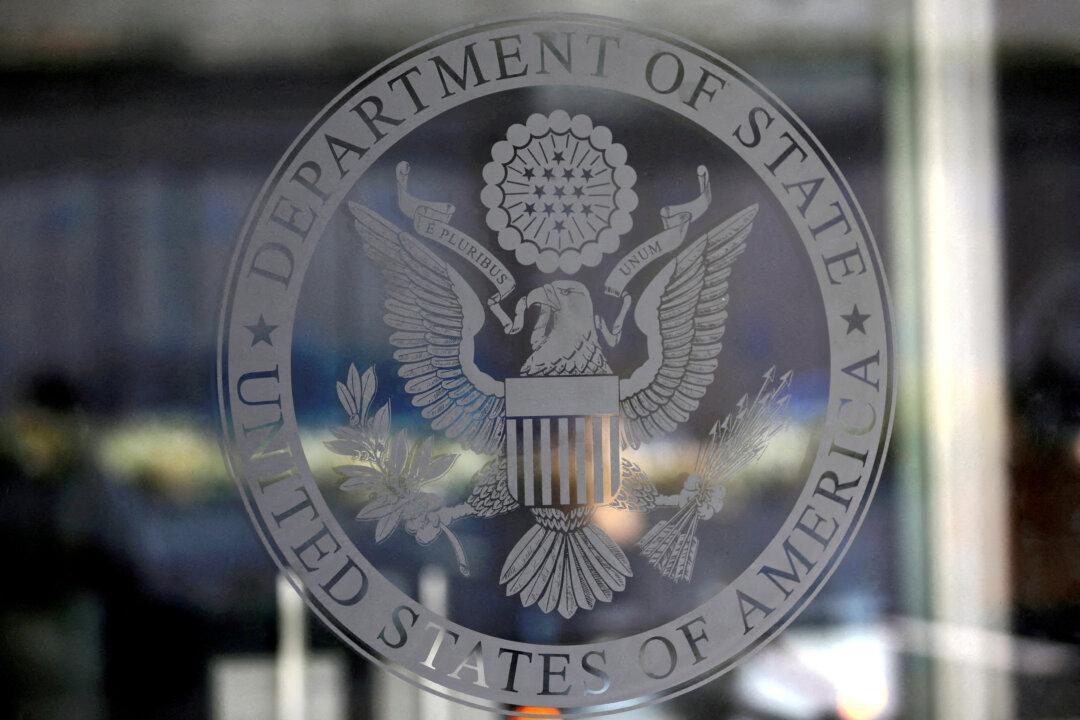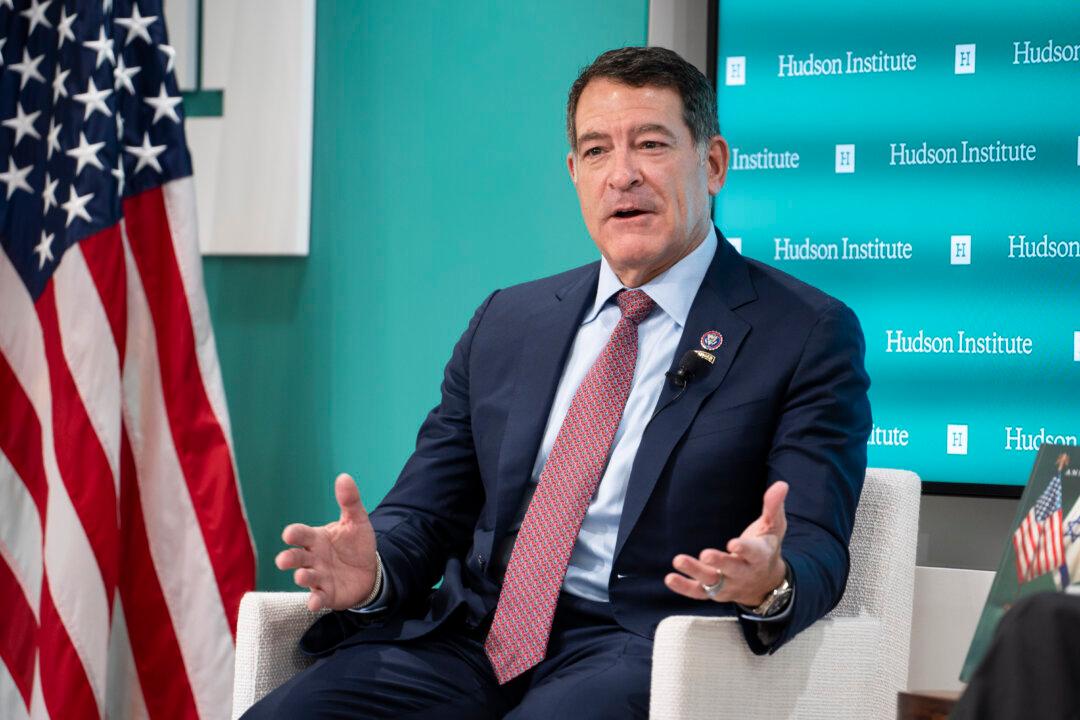The White House announced on Thursday that Mercedes-Benz will start production of a new vehicle at its Alabama plant in 2027.
“Today, Mercedes-Benz announced it will move production of another vehicle to the U.S.—the latest result of President Donald J. Trump’s relentless pursuit of American manufacturing dominance,” the White House said in a statement. “The automaker will produce the vehicle at its Tuscaloosa, Alabama, plant following signals earlier this year that the company will make additional investments in its U.S.-based operations.”





